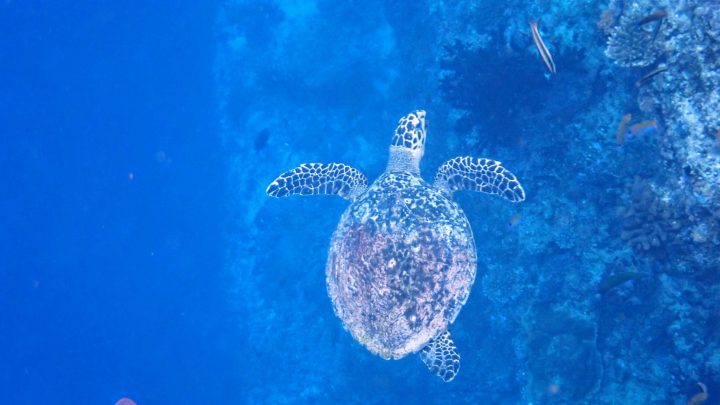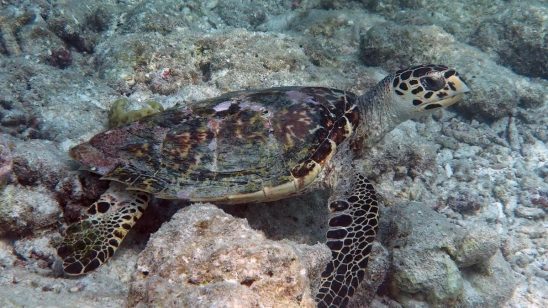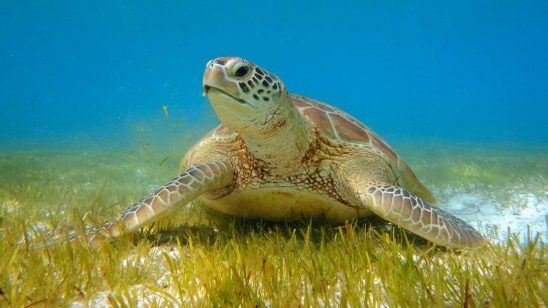
Ellaidhoo Maldives by Cinnamon’s three-finned sea turtle, tripod, ignites the conservation conversation
With sustainability at the forefront of their business ethos, Ellaidhoo Maldives by Cinnamon has taken up the responsibility of contributing to the protection of sea turtles which inhabits of their islands. Tripod, the infamous three-flippered Hawkbill Sea Turtle resides near Ellaidhoo waters. Hawkbill Sea Turtles are critically endangered and primarily found in coral reefs, they undertake vast migrations for reproduction. These turtles consume sponges, keeping the fast-growing sponges at bay and allowing slower-growing corals the chance to thrive, which is essential for maintaining healthy coral reefs.
In protection of Tripod and their counterparts, the resort has supported the ‘Olive Ridley Project’ to help, rescue and treat injured turtles and further the research programs to better understand sea turtles and their habitats and provide a basis for conservation measures.
Ellaidhoo Maldives by Cinnamon is championing sustainability through a range of initiatives aimed at preserving their destination. Situated amidst the seventh largest coral reef system and ranked among the top 100 dive and snorkeling sites globally, and being only 20 meters from the beach, the resort prioritizes inspiring guests through exemplary conservation practices.
Ellaidhoo’s coral restoration through reef cubes saw remarkable results when a young moray eel was sighted inhabiting a recycled reef cube two years after its installation. Made from upcycled materials, reef cubes provide food and sanctuary to marine life with algae and coral development.
Damaged umbrellas find new life as unique beach bags. Crafted from recycled umbrellas, all proceeds from these sales—100%—contribute to both environmental and social causes in the Maldives. Specifically, the funds support providing aluminum water bottles to local children in schools, aiding in the reduction of plastic waste. By supplying reusable water bottles, the resort aims to inspire local communities to reduce single-use plastic.






